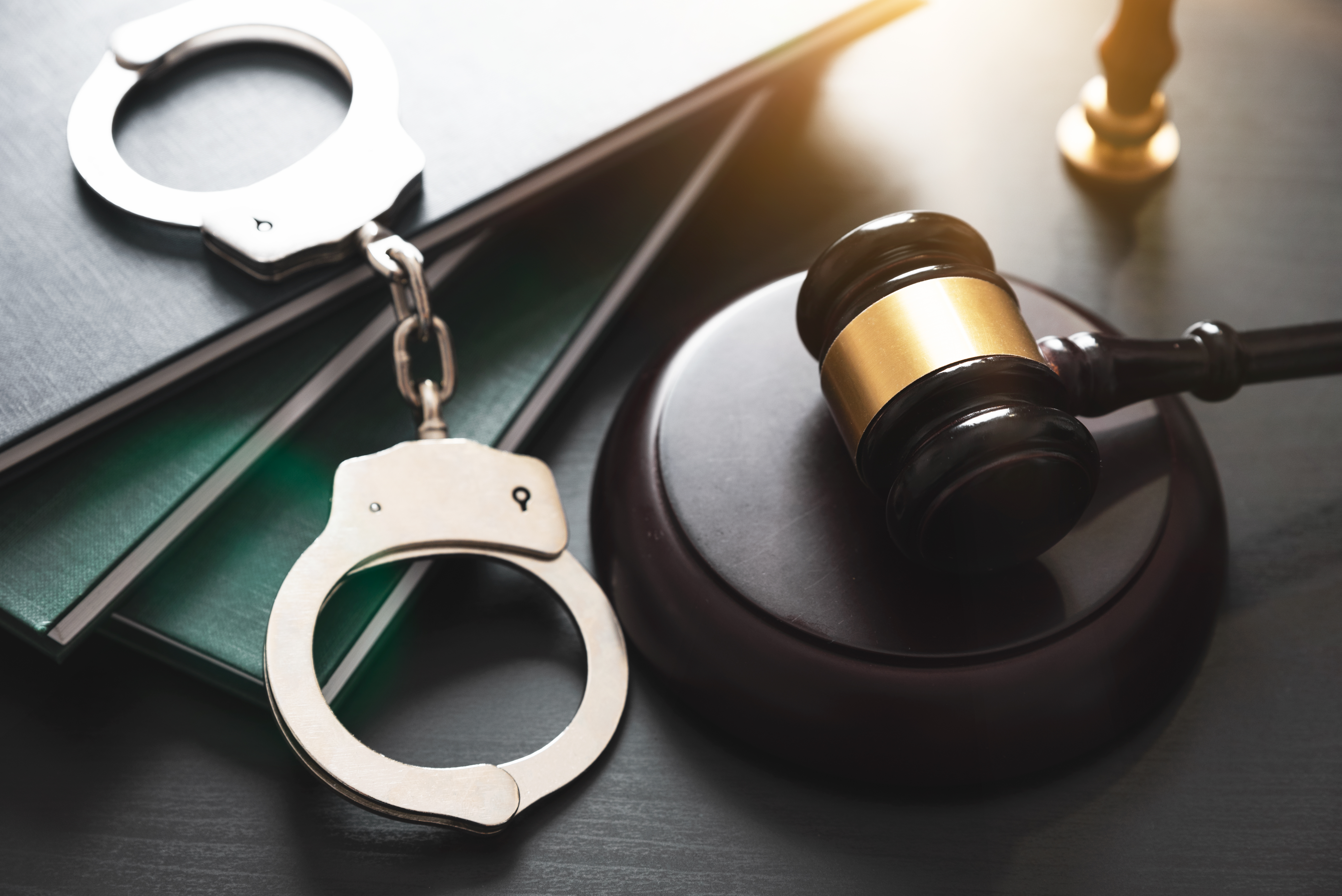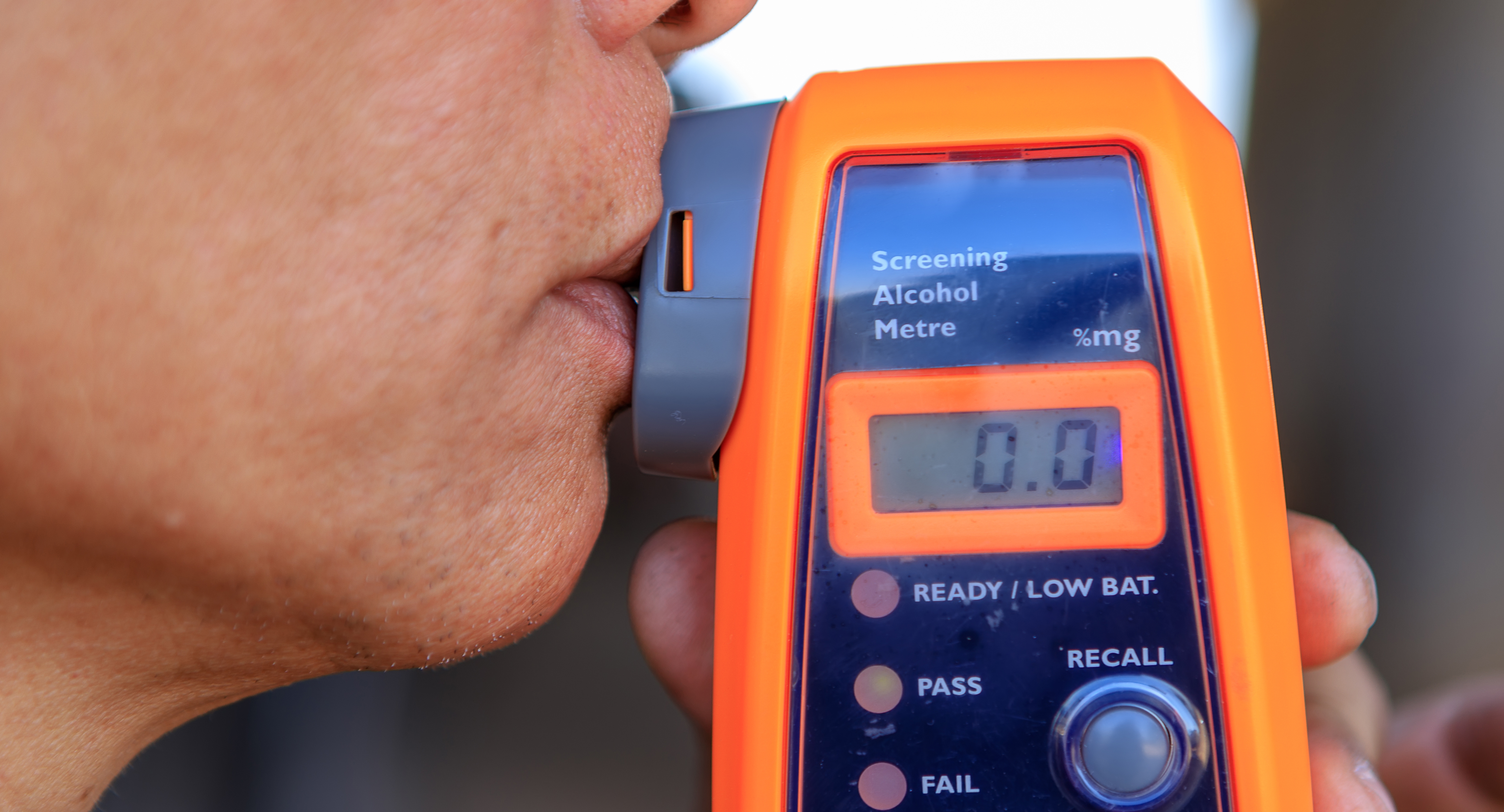- A mistrial means your trial has ended with no resolution
- It may make it easier to negotiate a settlement, particularly for low-level offenses like DWI
- Roughly 10% of trials in the U.S. end in a mistrial
A mistrial is basically a do-over. It ends a legal proceeding before a resolution has been reached.
If your case goes to trial and the jury is unable to reach a unanimous verdict, a judge finds evidence of misconduct, or even if a juror dies during the proceedings, a mistrial will be declared and the process will start over.
It’s important to understand what happens in a mistrial, why it happened – and what comes next.
Common Causes of Mistrials in Texas
Jury verdicts in Texas criminal cases must be unanimous. That can be more difficult than it seems. Hung juries are one of the most common causes of a mistrial.
Here are other common reasons for mistrials in Texas:
- Juror misconduct
- Procedural errors
- New evidence
- Misbehavior or misconduct
- Illness or emergency
- Prejudicial publicity
- Legal error
- Conflicts of interest
- Defendant’s right to a fair trial
- Judicial disqualification
- Unforeseen circumstances
According to the American Bar Association, a judge can even use the death of a juror or an attorney as reasons for a mistrial.
What Happens After a Mistrial in Texas?
The reason for the mistrial will be a key factor in determining what happens next.
A mistrial is actually a victory for the defense. We’ve now seen the prosecution’s entire case and how it was presented. The state has expended resources in time and money to achieve a conviction and they failed. The defense sought to avoid a conviction and they succeeded.
But even better, the defense is now in a better position than it was before the trial. For low-level crimes such as DWIs or assaults, the prosecutor is likely to not want to devote the time and effort to a retrial and will be willing to negotiate a plea deal, particularly in Texas’ largest counties.
After a mistrial, your lawyer MUST talk to the jury to get a sense of how many were on your side and how many were for the state. The lawyer must ask jurors which issues gave them trouble so that this information can be used in plea negotiations or another jury trial.
Reasons why prosecutors and defense attorneys may prefer to avoid a retrial include:
- Damages may be affected: Depending on the specific circumstances of a civil case, the amount of any financial damages may be affected, particularly if it seems that jurors considered the original damages too high or too low.
- Plea deal prospects: Because trials take time and resources, prosecutors are typically more willing to negotiate a plea, particularly if the mistrial indicates that they have a weak case.
- Witness testimony: Witnesses have already testified once, so any element of surprise in testimony has already been revealed. In addition, witnesses will have to be prepared for retrial and will have to take time to appear again.
- Evidence handling: Evidence must be preserved and re-evaluated. How that evidence is handled after the mistrial will be critical if you’re retried.
However, if the offense is serious, the prosecutor may want to retry the case, particularly if a single juror is the holdout.
Take, for example, the capital murder case of Billy Chemirmir in Dallas. Chemirmir was accused of smothering at least 22 elderly women, but the first trial was focused on a single case. In November 2021, a Dallas judge declared a mistrial when the jury deadlocked 11-1.
The holdout juror refused to vote in favor of conviction because she felt the evidence was circumstantial – there were no fingerprints or DNA samples presented.
In this instance, prosecutors felt they had a strong case, and neither side was willing to consider a plea deal. Chemirmir was retried in 2022 and sentenced to life in prison. (He was killed by his cellmate in September 2023).
Mistrial statistics
Mistrials are relatively uncommon, affecting about 10% of trials nationwide.
According to the National Center for State Courts:
- 6% are because jurors are unable to reach a unanimous decision
- 4% are due to other reasons, such as illness, misbehavior or unforeseen circumstances.
Can a Mistrial be Appealed?
Because there’s no verdict or final judgment, a mistrial generally cannot be appealed. A mistrial means the trial has ended with no conclusion.
However, the case may be retried, and any final judgment reached from the retrial can be appealed.
If someone believes a mistrial was improperly granted, they might seek a pretrial “writ of mandamus” from an appeals court, asking it to intervene before a retrial occurs. However, these typically only happen in extraordinary circumstances.
Do You Stay in Jail After a Mistrial?
Ultimately, the judge will decide whether you should stay in jail or be released, depending on the specifics of the case.
- If you were out on bail: You will typically remain out on bail after a mistrial, as long as the same bail conditions continue to apply. However, bail conditions may be updated depending on the circumstances leading to the mistrial.
- If you were being held in jail: If you were in custody during the trial (whether bail was denied or whether you couldn’t afford to post bail), you will likely remain in jail after a mistrial unless the court decides otherwise. Your defense attorney can request a bail hearing to argue for your release, particularly if the mistrial was caused by something unrelated to your actions.
- If you’re facing serious charges or considered a flight risk: In these cases, the court might decide to keep you in custody, particularly if a retrial is likely.
READ MORE: Bail vs. bond
Will Bail Conditions be Affected?
Bail conditions usually aren’t significantly affected by a mistrial, but they could be updated if you’re deemed a flight risk or the circumstances of your case change. Any change will be influenced by the reason behind the mistrial, the severity of the charges, any new evidence presented, or your criminal history.
Even if your bail doesn’t change, you could face additional:
- Travel restrictions
- Check-ins and reporting
- Electronic monitoring
Does Double Jeopardy Apply in a Mistrial?
Both the Fifth Amendment of the U.S. Constitution and Article 1, Section 14 of the Texas Constitution protect Texans against being tried twice for the same offense – but only after an acquittal or conviction. Double jeopardy typically does not apply in cases of mistrial, hung juries, or procedural errors.
Whether double jeopardy applies to mistrials has become a common question recently as it is a key component after a mistrial in a prominent Massachusetts murder case.
Karen Read was accused of murdering her boyfriend, a Boston police officer, in 2022. It is alleged that she intentionally backed over him with her vehicle. A mistrial was declared on July 1, 2024, when the jury deadlocked. However, Read’s defense team says the jury had unanimously found Read not guilty of two of the three charges she faced: murder and leaving the scene of a crime. They say the jury deadlocked only on the manslaughter charge.
The lawyers argue that trying her again on the two charges in which she was found not guilty is unconstitutional due to double jeopardy. It’s an issue that will have to be decided by a judge before the start of the new trial.




